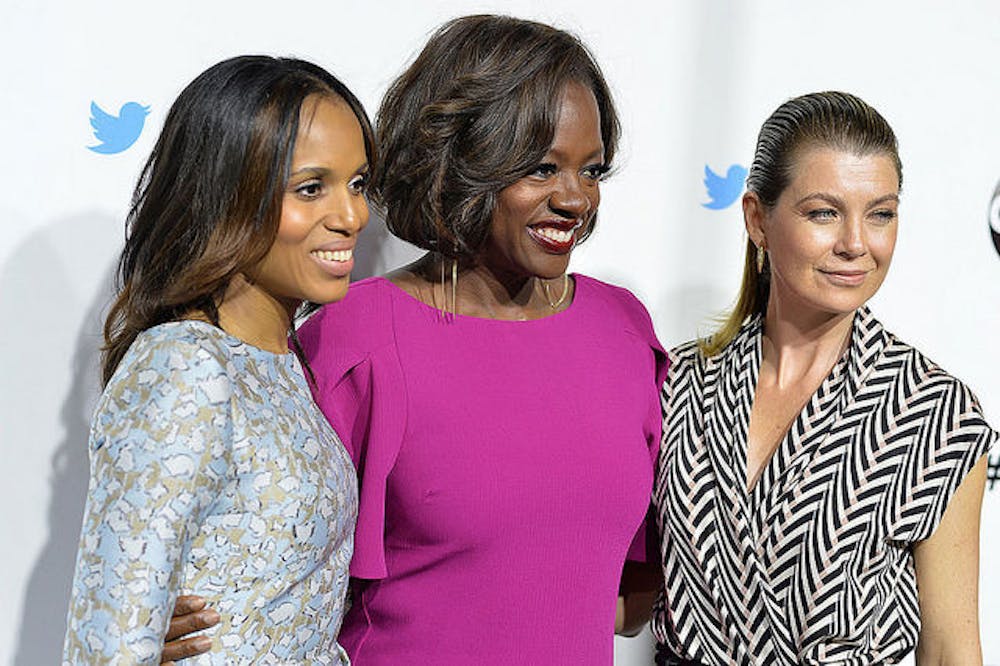We have all (hopefully) noticed the average Hollywood media female role lacks, among other qualities, authenticity.
Shonda Rhimes prides herself on not only inserting sexual expression of all kinds into her scripts, but also on creating female protagonists who are real. She brings to life the female roles television and Hollywood have been missing for decades.
Manic Pixie Dream Girl Rhimes does not. Instead, we have characters like "How to Get Away with Murder's" Annalise Keating, the cool-and-collected yet demanding and gifted attorney, who also makes mistakes, cries and feels strongly about many things. Played by Viola Davis, Annalise is revolutionary, but not in the way you might think.
Her emotions, goals and moods change according to situations around her much like that of a real person. At times when you imagine someone to be desperate, vulnerable, frustrated or strong-willed, she is any and all of these things. This is exactly where Davis’s committed acting works toward the better illustration of who Annalise really is.
The first episode alone is the first time the audience sees this arguably strong and intimidating woman cry -- there’s even snot involved -- and it's also the first time we see cunnilingus happen on screen between this same intimidating woman and her boyfriend. Rhimes uses the sexual activity as directors have used fellatio and other male-oriented sexual acts -- as a fleeting plot point.
Rhimes and her characters, including Annalise, are so important to the development and survival of primetime television. Whether people like it or not, gay men and women, women who enjoy sexual pleasure, women who hold places of power in personal and professional relationships, while slightly oversimplified, all apply to real people and exist in real life. Furthermore, the representation of these people is incredibly necessary to spread empathy among people who come from all backgrounds and experiences.
It’s almost sad that even though most people are aware they’re different from others, they are still shocked and fascinated beyond reason when someone different from them is portrayed well – or portrayed at all – on mainstream media; so much so that Annalise must be proclaimed a feminist beacon or attached to some other social movement.
Annalise may be different from you, but that’s not necessarily because she’s a black woman in her 40s. It’s probably more likely that she’s different because she’s an extremely successful attorney with many enemies and a host of overdramatic people under her roof.
Her specific and purposeful characterization as a black woman, her status as a sexually and professionally middle-aged woman and her interpersonal experiences – it’s all significant, yes. But the way Rhimes presents Annalise to her audience as just a human being is the really important part. We’ve all been lied to or cheated on. We’ve all cried.
Annalise is one character created by one director and portrayed by one actress in one primetime television show. In comparison to the majority of mainstream media characters, she’s also a better portrayal of a real person. She doesn’t have to be a key player in a media revolution, but if she has to in order to get the attention of audience’s in ways that truly count, then so be it.






